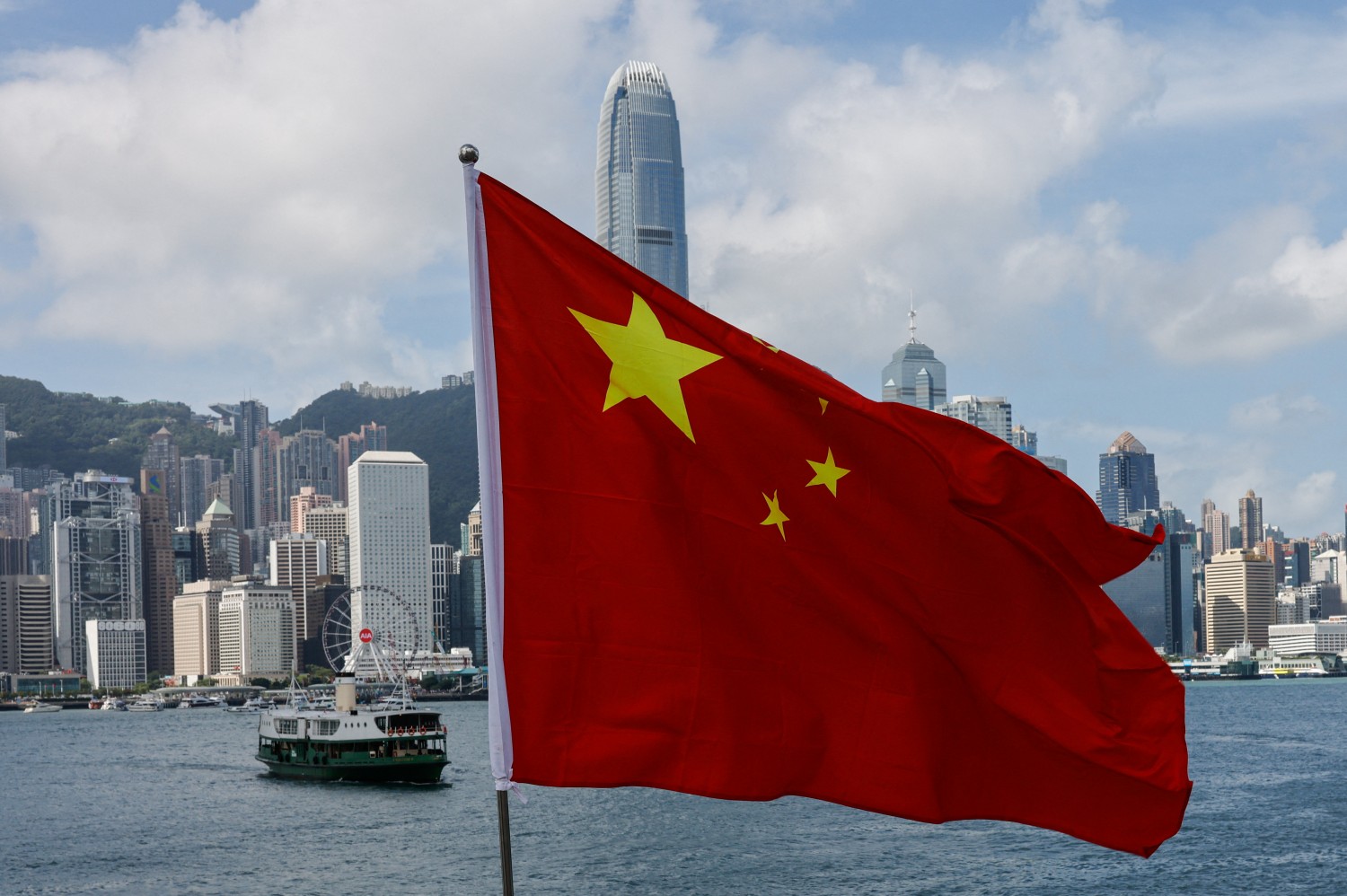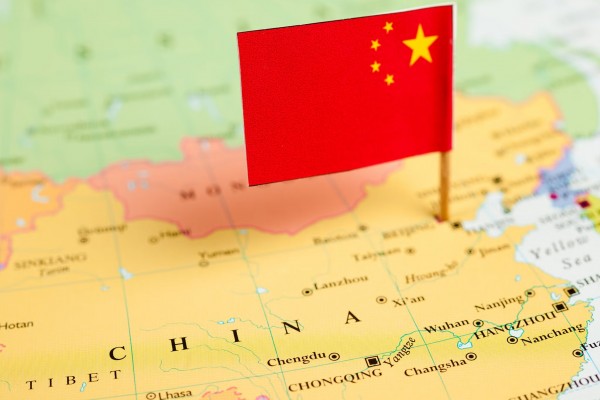Review № 3 of Chinese Antitrust News from the Experts of the BRICS Competition Centre
- The topic of competition in the government's report at the "two sessions"
- Proposals on digital and AI at the "two sessions"
- The "Three Notices and One Letter" System
- SAMR noted the importance of developing the private sector of the economy
- Americans are flooding Congress with calls in support of TikTok
- How to more effectively communicate M&A antitrust compliance risks
The topic of competition in the government's report at the "two sessions"
From March 4 to 11, China held the "two sessions", one of the key events in the country's political life, where the political and economic courses for the year are reviewed and then formally approved.
During the "two sessions", Li Qiang, Premier of the State Council of the People's Republic of China, delivered a report on the work of the government. Fair competition was mentioned 5 times in the report. Summarizing the results for 2023, Li Qiang noted that "a number of policies and regulations that hinder fair competition have been eliminated." Regarding the work plan for 2024, he said it was necessary to "create a fair competitive environment for all types of enterprises to promote their development", "make efforts to unify the institutional framework and rules for property rights protection, market access, fair competition <...>", "issue administrative rules for fair competition review", and "continue to persistently protect the fair competition order in the market."
In addition, the Premier of the State Council mentioned the importance of combating market division, local protectionism, and unfair competition in attracting investment. He stressed the intention to deepen systemic reforms in the electricity, oil and gas, railway and transportation sectors in order to eliminate problems at the natural-monopoly links.
Sources: China Market Regulation News (WeChat), The State Council
Proposals on digital and AI at the "two sessions"
Antitrust regulation of superplatforms
During a meeting of the National Committee of the Chinese People's Political Consultative Conference (CPPCC), Committee member Wu Zhiming brought up recommendations for strengthening antitrust regulation of China's major super platforms. Wu Zhiming drew attention to problems in the platforms' operations such as excessive commissions, overcharges for traffic and advertising, and that the platforms' actions could easily lead to oligopoly. The committee member put forward three suggestions to solve these problems:
1) to establish a fair profit distribution policy;
2) to develop a mechanism to curb the power of platforms;
3) to strengthen oversight of online platforms and enhance antitrust capabilities.
Sources: The Paper, Fujian Online (Weibo)
Teaching AI Literacy
During the "two sessions," Xiaomi CEO Lei Jun, who is a delegate to the National People's Congress (NPC), advocated for the mandatory teaching of artificial intelligence (AI) literacy in school. He said this should boost the country's technology and industry development, as well as address the shortage of AI talent. Lei said that the teaching of AI literacy should start as early as primary school, and continue throughout compulsory education, covering nine years in total. He also suggested introducing more AI-related subject studies across Chinese universities, stepping up investment in AI education and strengthening collaboration with overseas institutions.
Source: SCMP
The "Three Notices and One Letter" System
Authorities in Zhejiang Province (eastern China) have introduced a 'Three Notices and One Letter' antitrust system. The authorities have outlined four types of documents, developed templates for them, and provided various examples of the circumstances in which they are used:
1) Urgence Letter - sent, for example, in case of initial detection of risks of anticompetitive actions, etc.;
2) Notice of Interview - sent, for example, if after receiving the first warning the subject did not take action within the specified period of time or incorrectly corrected his behavior, etc.;
3) Notice of Investigation - sent, for example, when an entity enters into an anticompetitive agreement, etc.;
4) Notice of Administrative Penalty Decision - sent, following the investigation, contains the terms and circumstances of the execution of the penalty.
Source: Practical Antitrust Review (WeChat)
SAMR noted the importance of developing the private sector of the economy
On February 29, SAMR held a meeting on measures to promote the development of the private sector of the country's economy. The meeting emphasized that the development and expansion of the private economy is necessary to build a high-level socialist market economic system. In this regard, it is necessary to ensure that the private economy continues to develop and grow in a fair and just market environment. Among the important measures, the authority noted the continuous improvement of economic conditions, the enhancement of domestic incentives and the effective removal of obstacles. The authority also emphasized the importance of the 31 proposals proposed last year by the CPC Central Committee and the State Council and 22 SAMR measures to support the development and strengthening of the private economy.
Source: SAMR
Americans are flooding Congress with calls in support of TikTok
On March 7, the Committee on Energy and Commerce of the U.S. House of Representatives voted unanimously to approve two bills: under the threat of a complete ban, the first requires TikTok to be separated from its parent company (due to suspected Chinese influence), and the second prohibits the transfer of personal data from the app outside the United States. To be passed, the bills must further be supported by the House itself, the Senate and finally by the U.S. President.
According to the U.S. side, TikTok and similar apps “are able to target, surveil and manipulate Americans.” They are “spying by design” because of their need to comply with Chinese laws.
In response, TikTok sent its users a pop-up notification urging them to call the U.S. Congress to prevent the app from being banned. “Speak up now — before your government strips 170 million Americans of their Constitutional right to free expression,” the message said.
How to more effectively communicate M&A antitrust compliance risks
The Chinese authorities have recently updated the criteria for filing applications for economic concentration transactions. To help companies avoid the antitrust compliance risks associated with such transactions, SAMR has worked closely to improve the warning mechanism for such risks.
In particular, all available channels should be utilized and alerts should be issued at the earliest possible stage: for example, when information changes in the legal entity record system, pop-ups during the filing of annual credit reports, etc. Agencies with the necessary resources can use big data, AI and other information technologies to develop models for calculating and recognizing risks. There are also plans to do more outreach to help companies better understand and address relevant risks in mergers and acquisitions in a timely manner.
Source: SAMR




